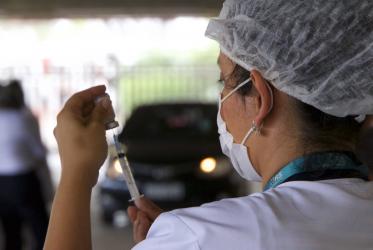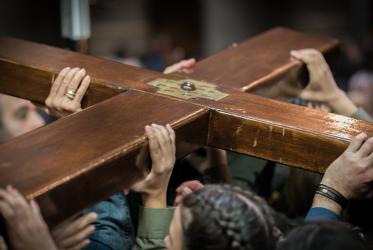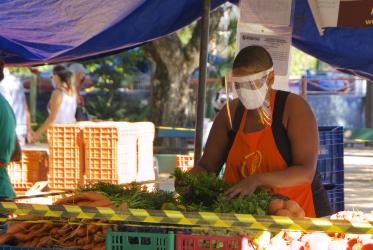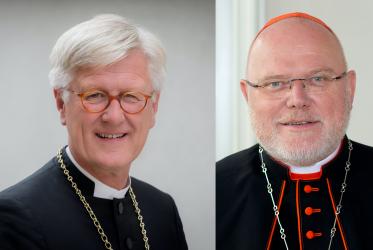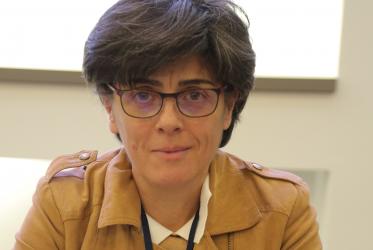Displaying 61 - 80 of 209
“Gathering in Grief” mourns Rev. Phumzile Mabizela
07 July 2021
Rethinking Ecological Relationships in the Anthropocene era
11 - 13 February 2021
Driven by God’s grace and a sense of duty
05 November 2020
Healing Together
A Facilitator’s Resource for Ecumenical Faith and Community-Based Counselling
15 October 2020
Hope prevails in times of crisis in Lebanon
14 September 2020



